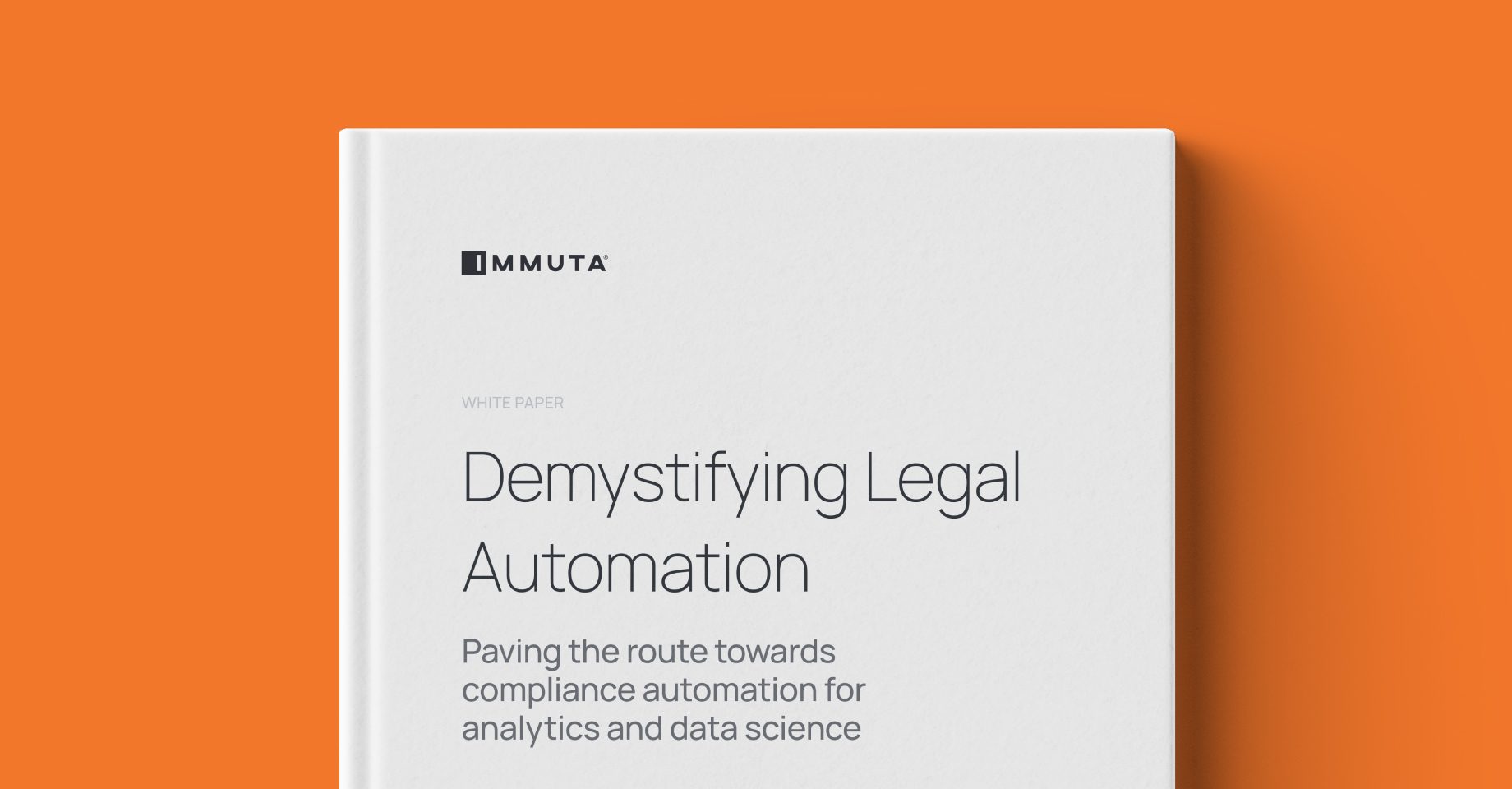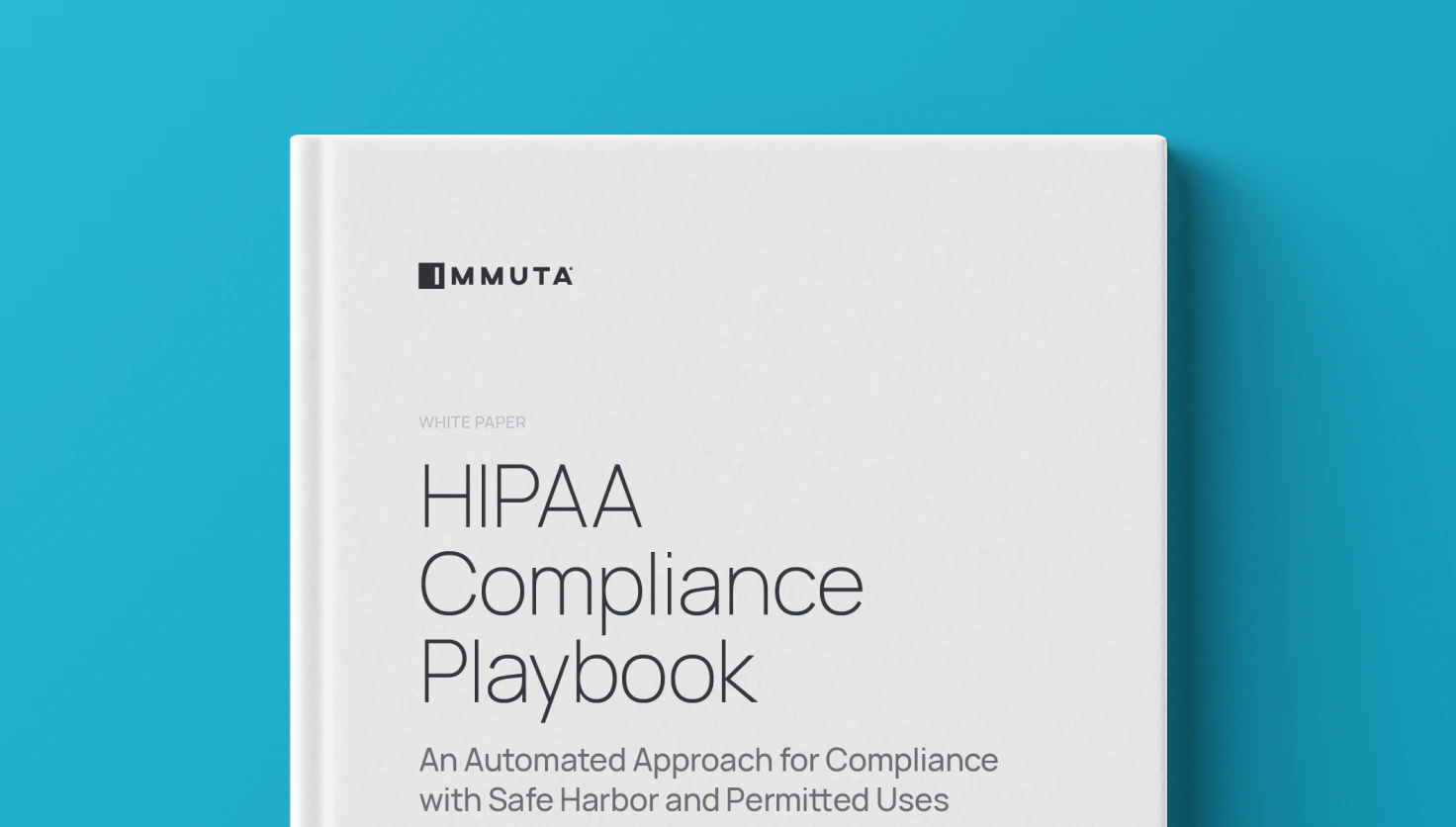Demystifying Legal Automation

Legal automation is usually regarded with suspicion. When a law enforcement process substitutes a technological or self-executing enforcement process in place of human analysis, who can be held liable if something goes wrong?
But not all forms of legal automation are substitutive; they can also be supportive by ensuring that a human with relevant legal expertise is in charge, answerable, and properly informed or equipped for decision-making.
In this white paper, you’ll learn:
- A framework for effectively operationalizing compliance automation using fully-integrated automated policies
- The concepts of substitutive and supportive legal automation
- The problems compliance automation can solve, as demonstrated through analyzing common compliance anti-patterns
- Recommendations for building fully-integrated automated policies that enable organizations seeking to scale compliance across their data analytics use cases


